
Welcome to our article on the top 10 holistic ingredients for accelerating exercise recovery and achieving a natural boost.
In a world where individuals strive for freedom and empowerment, we understand the importance of a holistic and integrative approach to wellness.
Through the use of arnica, turmeric, ginger, Epsom salt, CBD oil, magnesium, chamomile, peppermint, and lavender, we will explore how these natural ingredients can support your body's recovery process.
These ingredients can help you achieve your fitness goals with renewed vitality.
Arnica
Arnica, known for its anti-inflammatory properties, is a popular holistic ingredient that can aid in the acceleration of exercise recovery. Its numerous benefits make it a valuable addition to any exercise regimen.
Arnica works by reducing inflammation, which is crucial for post-workout recovery. It helps to relieve muscle soreness and stiffness, allowing for faster healing and improved performance.
In addition to its use in exercise recovery, arnica is also commonly found in skincare products. Its anti-inflammatory properties make it beneficial for treating various skin conditions, such as acne, eczema, and psoriasis. Arnica can help reduce redness, swelling, and irritation, promoting a clear and healthy complexion.

Incorporating arnica into your exercise routine and skincare regimen can provide a natural and holistic boost to your overall well-being and freedom of movement.
Turmeric
Turmeric, with its vibrant yellow color and potent anti-inflammatory properties, is a versatile spice that can be incorporated into a variety of dishes to enhance both flavor and health benefits. In recent years, turmeric has gained significant attention for its numerous health benefits, particularly its ability to reduce inflammation in the body. Inflammation is a natural response to injury or infection, but chronic inflammation can lead to a range of health issues.
By incorporating turmeric into your diet, you can harness its powerful anti-inflammatory properties to promote overall well-being. Turmeric contains a compound called curcumin, which has been shown to inhibit the activity of inflammatory molecules in the body. This makes turmeric an excellent natural remedy for conditions such as arthritis, heart disease, and even certain types of cancer.
Furthermore, turmeric has been shown to support brain health, improve digestion, boost the immune system, and even aid in weight management. By incorporating turmeric into your daily routine, you can enjoy its numerous health benefits and empower yourself to take control of your well-being.
Ginger
Ginger, a powerful root known for its vibrant flavor and numerous health benefits, can be a valuable ally in your exercise recovery journey.
Beyond its delicious taste, ginger possesses anti-inflammatory properties that can help reduce muscle soreness and promote faster healing.
Incorporating ginger into your exercise regimen may aid in boosting your overall recovery process, allowing you to bounce back stronger and feel empowered in your fitness journey.

Benefits of Ginger
Research suggests that incorporating ginger into your post-workout routine may enhance muscle recovery and reduce exercise-induced inflammation. Ginger, a powerful natural ingredient, has been used for centuries for its medicinal properties.
Here are three reasons why ginger can be a beneficial addition to your exercise recovery regimen:
Anti-inflammatory properties: Ginger contains compounds called gingerols, which have been shown to reduce inflammation in the body. This can help alleviate muscle soreness and speed up the recovery process after a strenuous workout.
Improved digestion: Ginger has long been used to aid digestion and soothe an upset stomach. After a workout, incorporating ginger into your diet can help promote better digestion and nutrient absorption, ensuring that your body receives the necessary nutrients for optimal recovery.
Versatile and delicious: Ginger can be enjoyed in various forms, from fresh ginger added to smoothies or stir-fries to ginger tea or ginger-infused water. Additionally, ginger supplements are available for those who prefer a more convenient option.
Incorporating ginger into your post-workout routine can provide a natural boost to your exercise recovery, promoting holistic well-being and empowering you to achieve your fitness goals. Explore ginger recipes and consider incorporating ginger supplements to harness the full potential of this incredible ingredient.
Recovery Properties of Ginger
One of the key advantages of incorporating ginger into your exercise recovery regimen is its potential to accelerate muscle healing and reduce inflammation.
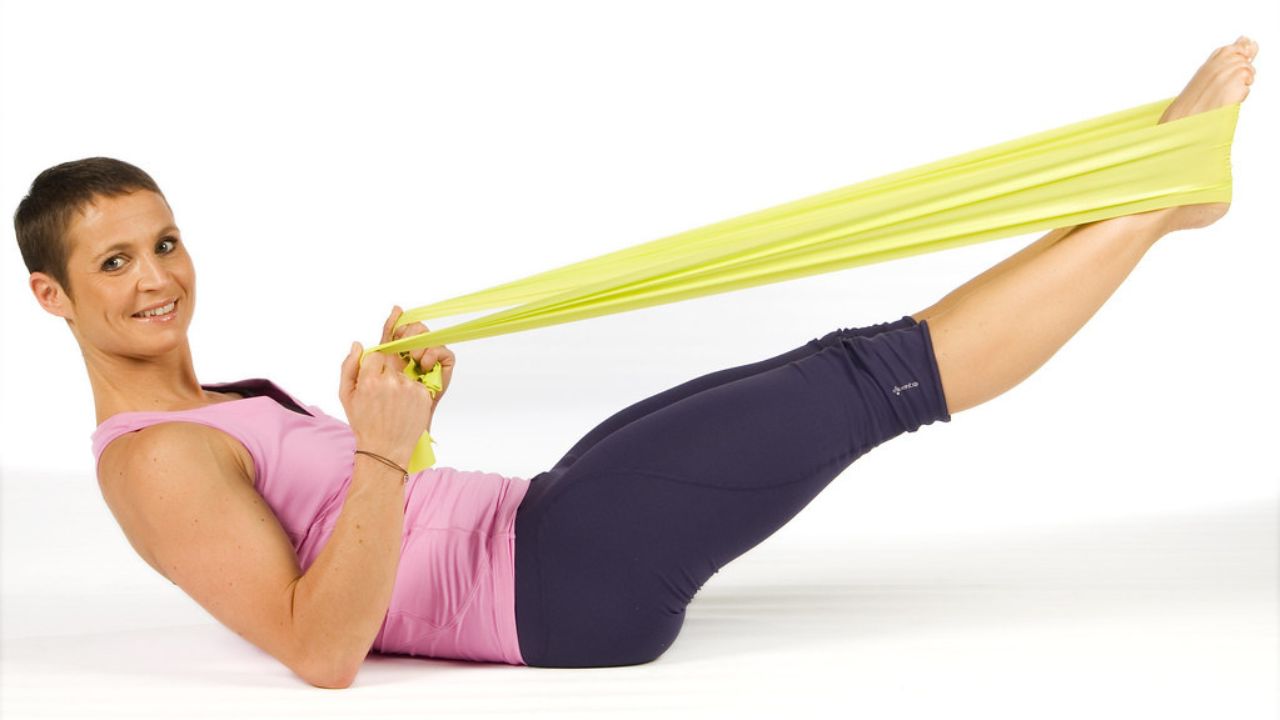
Ginger is a powerful natural ingredient that has been used for centuries in traditional medicine for its healing properties. Whether consumed in the form of ginger tea or ginger supplements, this holistic ingredient can provide a natural boost to your recovery process.
Ginger contains anti-inflammatory compounds called gingerols, which can help reduce the swelling and pain associated with muscle damage. Additionally, ginger has been found to improve circulation, allowing essential nutrients and oxygen to reach your muscles more efficiently, promoting faster healing.
Ginger in Exercise Regimen
Incorporating ginger into your exercise regimen can enhance the effectiveness of your workout and support your body's natural healing processes. Ginger, a powerful root known for its medicinal properties, can be consumed in various forms such as ginger tea or ginger supplements.
Here are three reasons why ginger should be a staple in your exercise routine:
Anti-inflammatory properties: Ginger contains compounds called gingerols, which have been found to reduce inflammation in the body. This can help alleviate post-workout muscle soreness and promote faster recovery.
Increased metabolism: Ginger has thermogenic properties, meaning it can raise your body temperature and boost your metabolism. This can aid in weight loss and improve overall energy levels during exercise.
Digestive support: Ginger can help soothe the digestive system and reduce nausea, which can be beneficial during intense workouts. It can also improve nutrient absorption, allowing your body to efficiently utilize the nutrients from your food.
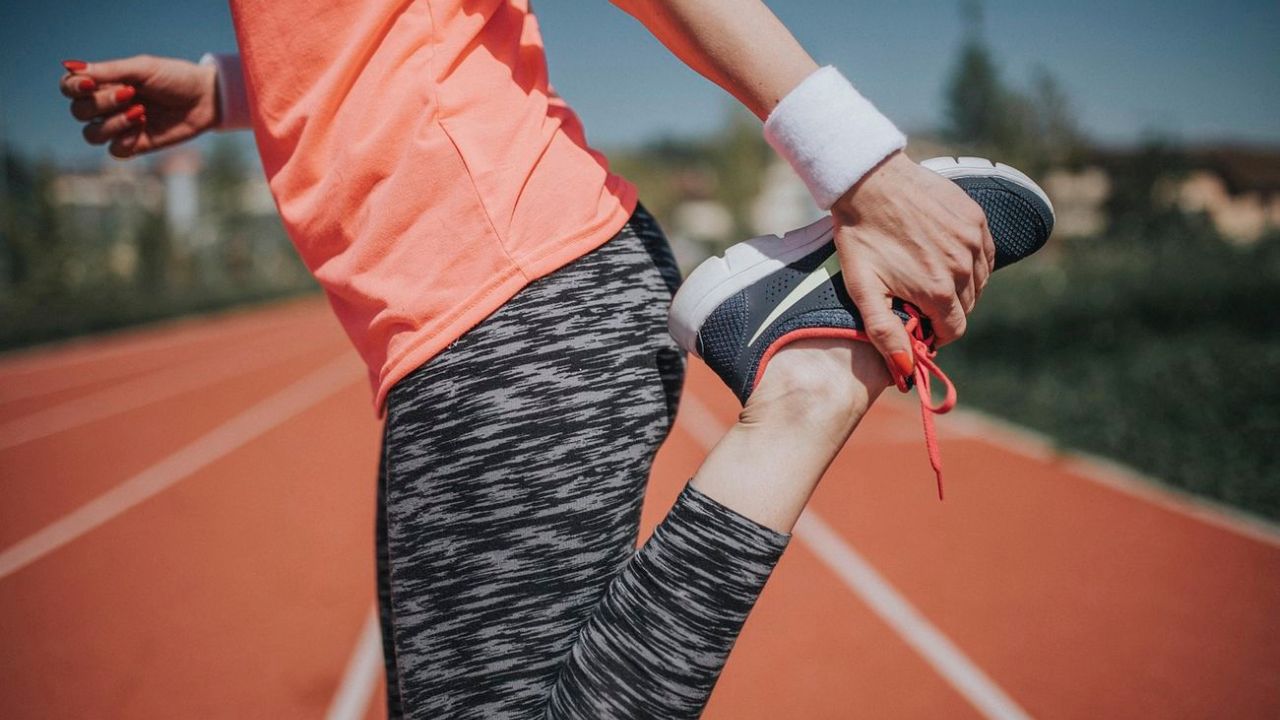
Epsom Salt
The benefits of Epsom salt's therapeutic properties are well-known among athletes seeking to enhance their exercise recovery. Epsom salt, also known as magnesium sulfate, has long been used as a natural remedy for various ailments.
When dissolved in warm water, the magnesium and sulfate ions are readily absorbed through the skin, promoting muscle relaxation and reducing inflammation. This makes Epsom salt baths an excellent choice for muscle recovery after intense workouts.
By incorporating Epsom salt into your post-exercise routine, you can experience faster healing, reduced muscle soreness, and improved overall recovery. Additionally, Epsom salt's holistic approach to recovery aligns with the desire for freedom from synthetic additives and medications.
CBD Oil
With the recent surge in popularity, many individuals are now exploring the potential benefits of CBD oil in their daily wellness routines. CBD oil, derived from the cannabis plant, has been found to have a wide range of therapeutic effects.
Here are three key benefits of incorporating CBD oil into your holistic wellness routine:
Pain relief: CBD oil has been shown to have analgesic properties, making it an effective natural remedy for managing pain. It can help alleviate chronic pain conditions such as arthritis, migraines, and fibromyalgia.
Anxiety and stress reduction: CBD oil has been found to have calming effects on the mind and body, making it a valuable tool for managing anxiety and stress. It can promote a sense of relaxation and ease, allowing individuals to better cope with everyday challenges.

Improved sleep quality: CBD oil has been shown to have sleep-inducing properties, helping individuals achieve a more restful and rejuvenating sleep. It can be especially beneficial for those struggling with insomnia or sleep disorders.
When incorporating CBD oil into your wellness routine, it is important to start with a low dosage and gradually increase as needed. Consult with a healthcare professional to determine the appropriate dosage for your specific needs. Enjoy the freedom and empowerment that CBD oil can bring to your holistic wellness journey.
Aloe Vera
Aloe Vera, known for its healing properties, is a powerful plant that offers numerous benefits for exercise recovery. It is a natural remedy that can soothe inflammation, promote tissue repair, and relieve muscle soreness.
Understanding how to properly use Aloe Vera and being aware of any potential side effects will help you incorporate this holistic ingredient into your exercise recovery routine effectively.
Aloe Vera Benefits
One of the key reasons why individuals are increasingly incorporating aloe vera into their daily routine is because of its numerous health benefits. Aloe vera is a powerful plant that has been used for centuries in various cultures for its medicinal properties.
Here are three key benefits of aloe vera:
Aloe vera for skin care: Aloe vera gel is known for its soothing and healing properties, making it a popular ingredient in skincare products. It can help reduce inflammation, moisturize the skin, and promote healing of wounds and burns.

Aloe vera for digestion: Aloe vera juice has been used as a natural remedy for digestive issues such as acid reflux, bloating, and constipation. It can help soothe the digestive system and improve overall gut health.
Aloe vera for immune support: Aloe vera contains antioxidants and vitamins that can boost the immune system and protect against harmful free radicals. It can help strengthen the body's natural defenses and promote overall wellness.
Incorporating aloe vera into your daily routine can provide a natural and holistic approach to maintaining your health and well-being.
How to Use
To maximize the benefits of aloe vera, it is essential to understand how to properly incorporate it into your daily skincare routine.
Aloe vera has been used for centuries for its healing and soothing properties, and when used correctly, it can provide a natural boost to your skin.
One way to enhance the effects of aloe vera is by combining it with the use of essential oils. Essential oils, such as lavender or tea tree oil, can complement the nourishing properties of aloe vera and provide additional benefits to your skin.
Another holistic approach to skincare is acupuncture. Acupuncture has been used for centuries to promote overall health and well-being, and it can also be beneficial for your skin. By stimulating specific points on the body, acupuncture can help improve blood circulation and promote a healthy complexion.

Incorporating these natural practices into your skincare routine can help you achieve healthier, radiant skin while promoting a sense of freedom and empowerment in your self-care journey.
Side Effects?
In addition to the nourishing properties of aloe vera, it is important to be aware of any potential side effects that may occur when incorporating it into your skincare routine. While aloe vera is generally safe to use, there are a few precautions to consider:
Allergic Reactions: Some individuals may be allergic to aloe vera, experiencing symptoms such as redness, itching, or swelling. It is advisable to do a patch test before applying it to your face or body.
Skin Sensitivity: Aloe vera can cause skin sensitivity, especially in individuals with sensitive skin. If you notice any irritation or discomfort, discontinue use immediately.
Sun Sensitivity: Aloe vera can make your skin more sensitive to the sun's harmful rays. It is essential to use sunscreen with a high SPF level and limit sun exposure when using aloe vera.
Magnesium
The role of magnesium in promoting muscle relaxation and reducing exercise-induced inflammation is widely recognized in the field of sports nutrition.
Magnesium is an essential mineral that plays a crucial role in numerous physiological processes in the body, including energy production, muscle function, and recovery. Its benefits for exercise recovery are multifaceted and holistic, making it a key ingredient for those seeking natural and empowering solutions.

Magnesium supplementation can help decrease muscle cramps and soreness, improve sleep quality, and support the body's ability to repair and rebuild tissues.
Additionally, magnesium has been shown to reduce inflammation and oxidative stress, which are common after intense exercise.
Chamomile
Chamomile's soothing properties make it a popular natural remedy for promoting relaxation and reducing stress levels, which can greatly benefit individuals looking to enhance their exercise recovery. Incorporating chamomile into your routine can provide a holistic approach to achieving optimal physical and mental well-being. Here are three reasons why chamomile is a powerful ally in your exercise recovery journey:
Chamomile tea: Sipping on a warm cup of chamomile tea after a rigorous workout can help calm the mind and relax the body. Its gentle aroma and mild taste provide a comforting experience that eases tension and aids in a restful night's sleep.
Chamomile for anxiety: Anxiety can hinder exercise recovery by increasing cortisol levels and prolonging muscle tension. Chamomile's natural anti-anxiety properties can help reduce feelings of unease and promote a sense of calm, allowing your body to recover more effectively.
Holistic approach: Incorporating chamomile into your exercise recovery routine aligns with a holistic and integrative approach to wellness. By addressing both the physical and mental aspects of recovery, chamomile supports a balanced and harmonious state of being.
Embrace the freedom of choice and explore the power of chamomile as a natural aid in your exercise recovery journey.
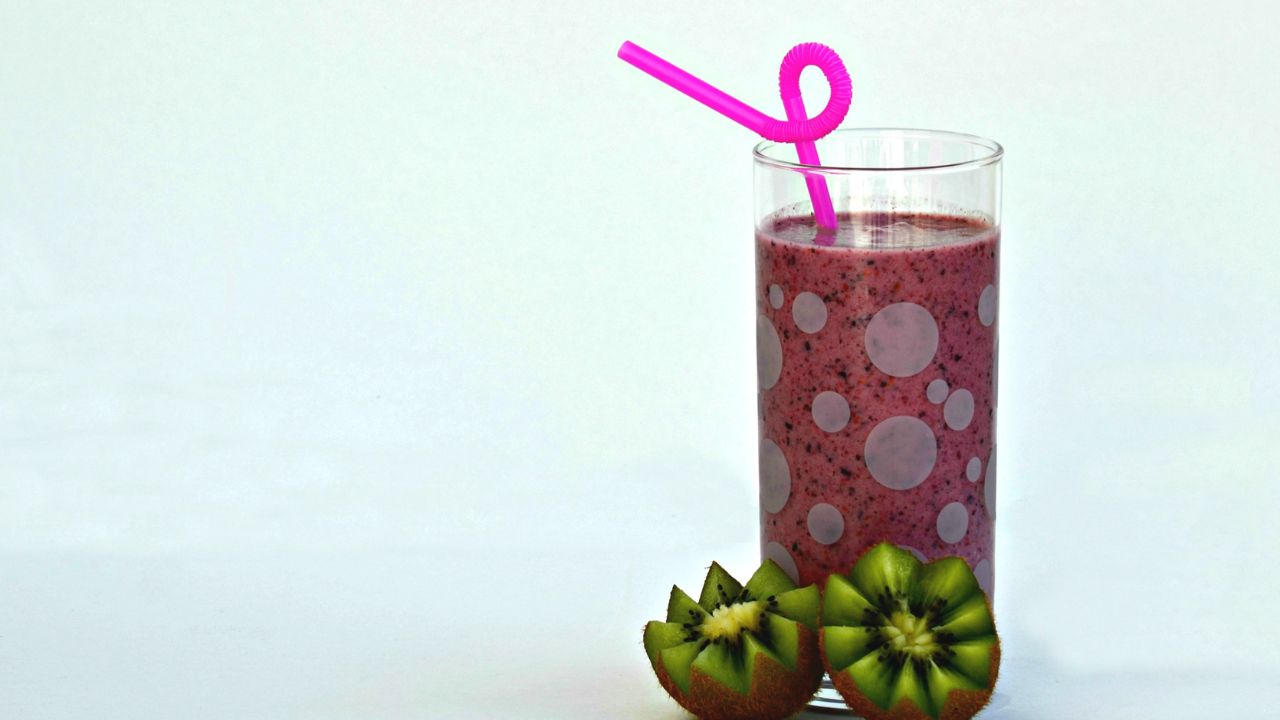
Peppermint
Peppermint's invigorating essence offers a refreshing burst of vitality, making it a popular choice among athletes seeking a natural boost for their exercise recovery. Whether enjoyed as peppermint tea or used topically with peppermint oil, this versatile herb has a multitude of benefits for the body, mind, and spirit.
Peppermint tea, when consumed after a workout, can help soothe muscle soreness and reduce inflammation, allowing for a quicker recovery time. Its cooling properties also provide a pleasant sensation, rejuvenating both the body and the mind. Additionally, the aroma of peppermint oil can enhance focus and concentration, helping athletes stay in the zone during their training sessions.
Embracing the power of peppermint in your exercise routine allows for a holistic and integrative approach to recovery. By tapping into the natural healing properties of this herb, athletes can experience a sense of freedom and empowerment in their journey towards optimal health and wellness.
Lavender
During your post-workout recovery routine, consider incorporating lavender essential oil to promote relaxation and reduce muscle tension. Lavender has been used for centuries for its therapeutic benefits and is known for its calming properties. Adding lavender essential oil to your recovery routine can enhance your overall well-being and speed up your body's healing process.
Here are three ways lavender can benefit your post-workout recovery:
Reduces inflammation: Lavender essential oil contains powerful anti-inflammatory compounds that can help reduce swelling and soothe sore muscles.
Relieves stress and anxiety: The soothing aroma of lavender can help relax your mind and promote a sense of calm, allowing your body to recover more effectively.
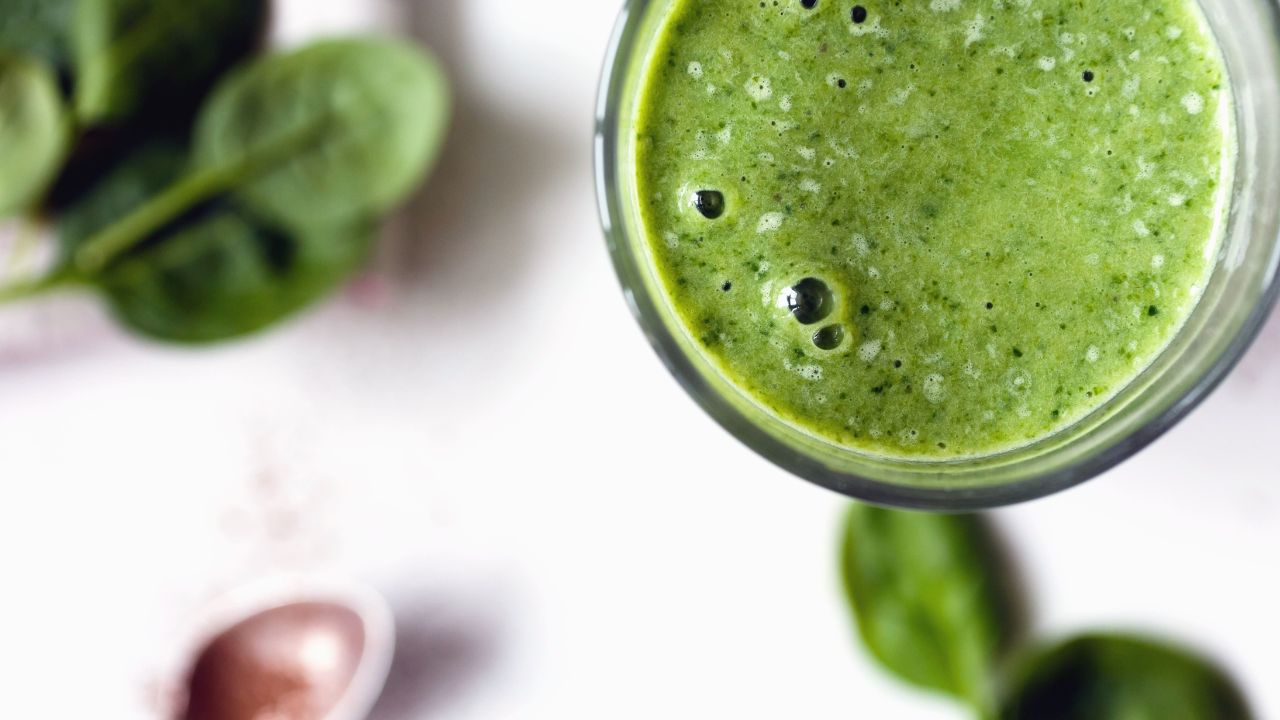
Improves sleep quality: Lavender has been shown to improve sleep quality, which is essential for proper recovery and muscle repair.
Incorporating lavender essential oil into your post-workout recovery routine can provide you with a holistic and integrative approach to optimizing your exercise recovery.
Frequently Asked Questions
How Long Should I Use Arnica Gel for Muscle Soreness Before Seeing Results?
When using arnica gel for muscle soreness, it is important to give it some time to work. Results can vary, but many people start to notice improvements within a few days of consistent use.
Can I Consume Turmeric as a Dietary Supplement for Exercise Recovery, or Is It Only Effective Topically?
Turmeric can be consumed as a dietary supplement for exercise recovery, as it has anti-inflammatory properties. It can also be effective topically. CBD oil may interact with certain medications, so it is important to consult with a healthcare professional before use.
Is It Safe to Use CBD Oil for Exercise Recovery if I Am Already Taking Other Medications?
CBD oil may interact with certain medications, so it is important to consult with a healthcare professional before using it for exercise recovery. They can assess potential drug interactions and provide guidance on safe and effective usage.
Are There Any Potential Side Effects or Risks Associated With Using Lavender Essential Oil for Muscle Relaxation?
Potential side effects of using lavender essential oil for muscle relaxation include skin irritation, allergic reactions, and interactions with certain medications. Risks associated with its use are minimal, but it is advisable to consult with a healthcare professional before incorporating it into your regimen.
Can I Use Aloe Vera Gel Directly From the Plant for Exercise Recovery, or Are There Specific Products I Should Look For?
When considering exercise recovery, one may wonder if using aloe vera gel directly from the plant is effective or if specific products are necessary. Additionally, the effectiveness of turmeric as a dietary supplement for exercise recovery is worth exploring.
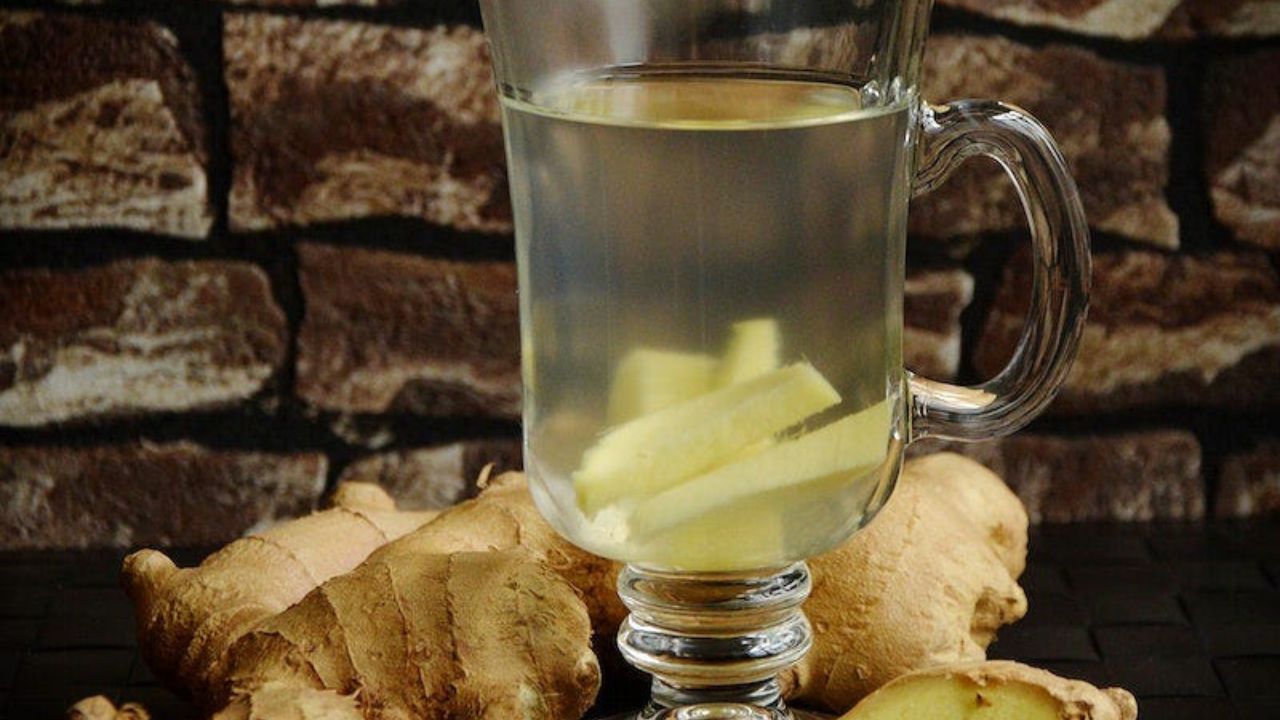
Conclusion
Incorporating holistic ingredients into your exercise recovery routine can provide a natural boost to your overall well-being. By utilizing the power of arnica, turmeric, ginger, Epsom salt, CBD oil, magnesium, chamomile, peppermint, and lavender, you can support your body's healing process and enhance your recovery.
These ingredients work together to provide a holistic and integrative approach to exercise recovery, empowering you to achieve optimal results and maintain a balanced, healthy lifestyle.
 Mobility trainingHome Fitness RecoverySports Injury PreventionPersonal Physical TherapyOrthopedic SolutionsPrivacy PolicyTerms And Conditions
Mobility trainingHome Fitness RecoverySports Injury PreventionPersonal Physical TherapyOrthopedic SolutionsPrivacy PolicyTerms And Conditions
